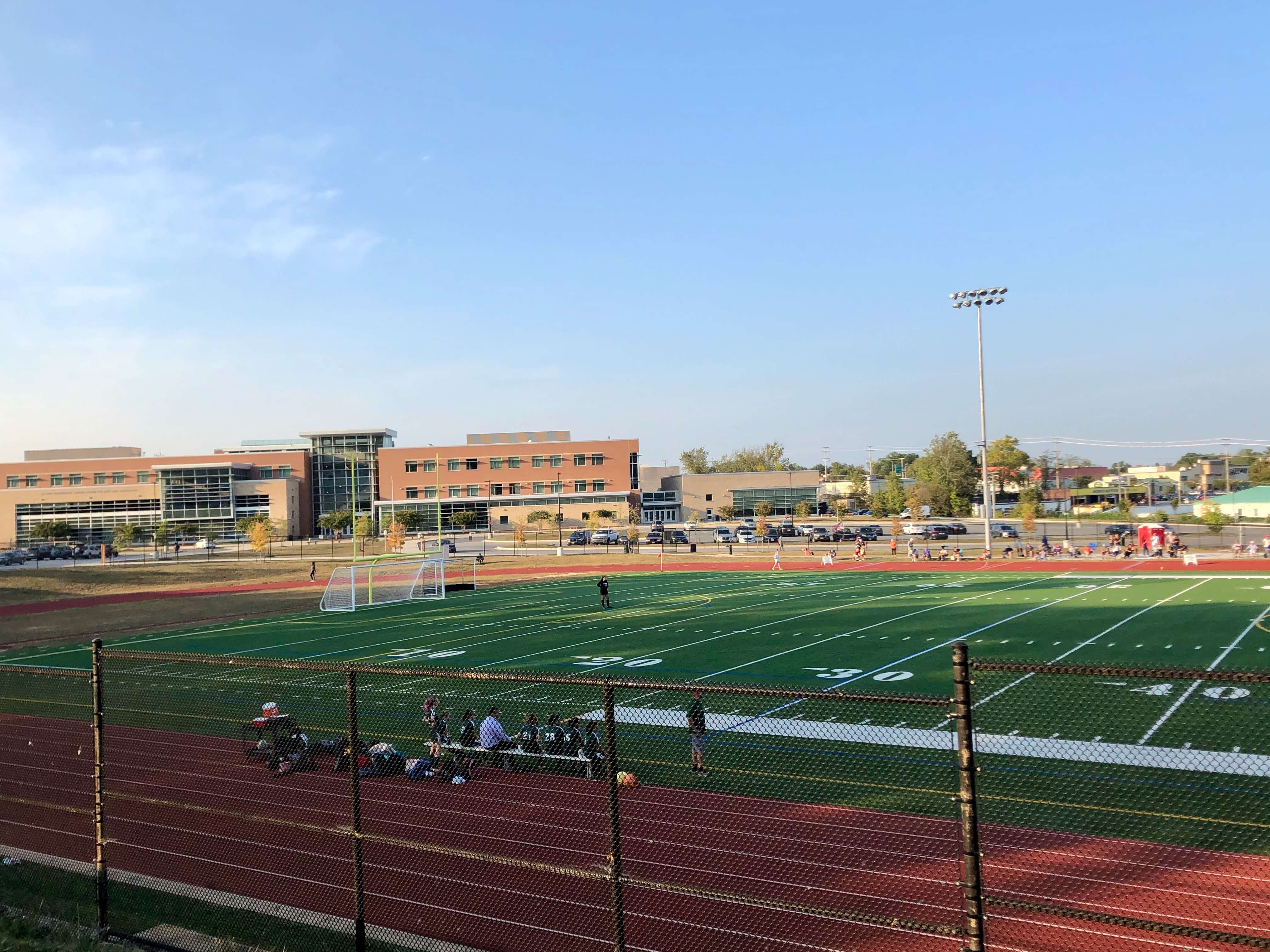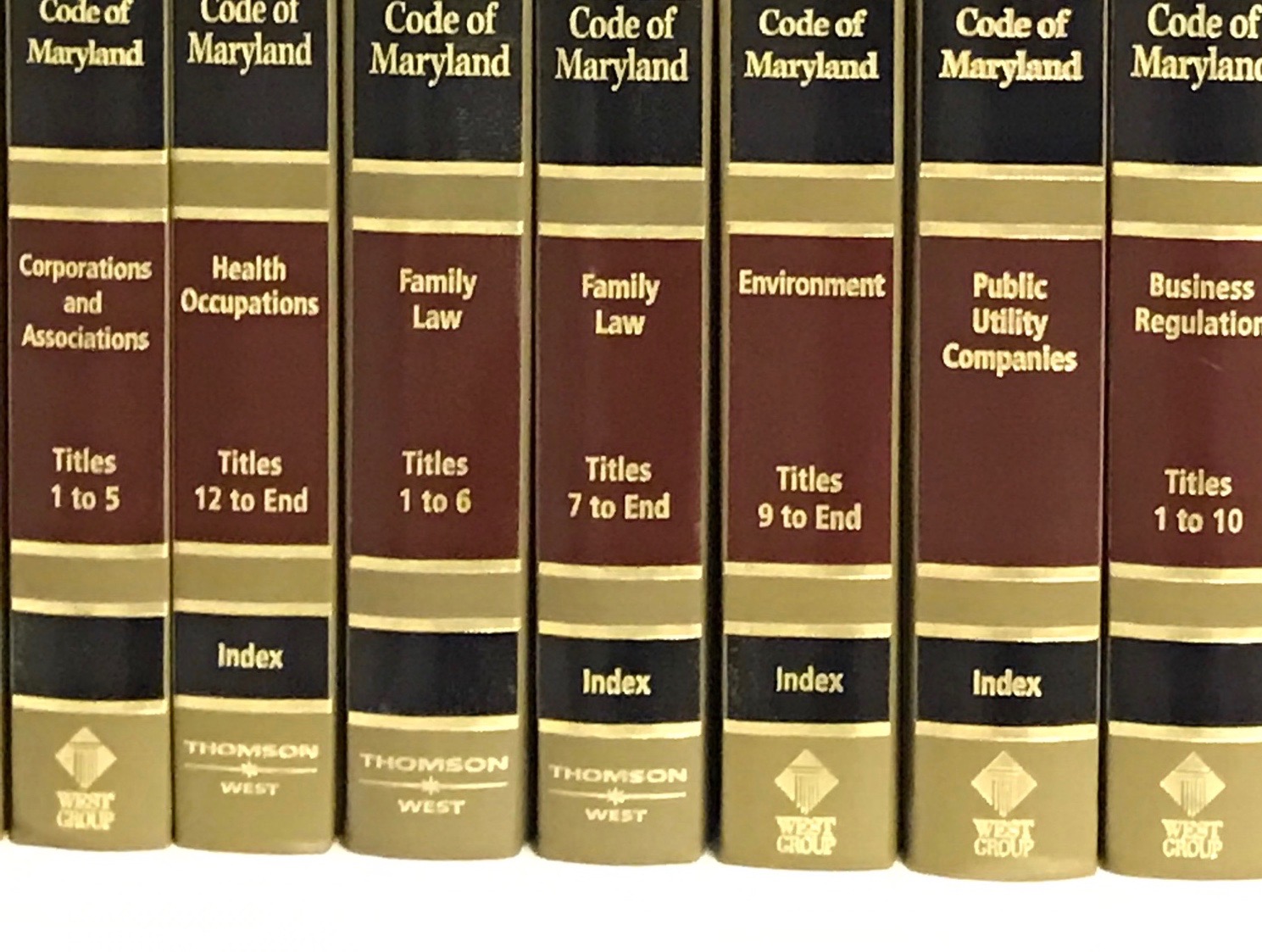Towson Child Custody Lawyer | Custody Modification.
Experienced Towson Custody Modification Lawyer
Amar S. Weisman has practiced family law for more than 17 years of experience, including more than 1,750 Divorce, Child Custody, and Child Support cases in the Circuit Court for Baltimore County and surrounding jurisdictions, resulting in the following recognitions for his Family Law Firm:
- 12 BEST DIVORCE LAWYERS IN BALTIMORE--2024, 2023, 2022, 2021...EXPERTISE.COM
- Top 10 Family Law in MARYLAND, 2024, 2022, 2020, 2019, Attorney And Practice Magazine
- Top 10, Family Law and Client Service, 2024, 2023, 2022, 2021, 2020, 2019, 2018, 2017, and 2016, American Institute of Family Law Attorneys
- #16 Top Law Firm in Maryland, GoodFirms
- 10/10 "Superb" Rating, AVVO
- 4.7/5.0 Rating, Google
- Graduate of Georgetown University, Washington, DC.
- Graduate of University of Baltimore Peter Angelos School of Law
Top Baltimore County Child Custody Law Firm
The Law Offices of Amar S. Weisman specializes in aiding clients with modifications to child custody orders, focusing on changes that are justified by the material welfare of the involved minor child or children. We adhere to stringent legal standards, pursuing modifications only when substantial changes in circumstances warrant them, rather than merely due to client dissatisfaction with existing arrangements.
For example, should Client C request to modify an existing Custody Order, our initial approach is a thorough professional assessment to determine if there has been a material change in circumstances since the issuance of the last Final Custody Order. Reasons such as the natural aging of the child or persistent disagreements between parties, which have not significantly altered, do not typically constitute valid grounds for modification under Maryland law.
Amar S. Weisman is also skilled in defending current custody arrangements against challenges. This process involves a deep understanding of the complexities surrounding custody modifications and entails a series of judicial procedures, including a Scheduling Conference with social services, especially pertinent in cases within the Circuit Court for Baltimore County.
Cautionary Note About Child Custody Modifications.
Timing is critical in child custody modification cases. The Court examines two crucial dates: the establishment of the most recent child custody order, judgment, or parenting plan, and the filing date of the modification request. The key issue is whether substantial changes have occurred between these dates that justify modifying the existing custody arrangement. Unfortunately, many modification attempts fail because the changes are considered insufficient by the Court. These motions are often driven by dissatisfaction from the party who did not prevail in the initial custody decision. It is common for such motions to rehash previous grievances, particularly when filed by the parent who lost the original case and is responsible for child support payments. Before seeking a modification, it is essential to evaluate what has materially changed since the last order. In specific circumstances, State agencies, such as Maryland's Department of Human Services and the Baltimore County Office of Child Support Enforcement, can initiate an action to modify child support obligations.
The Legal Standard for Custody Modifications in The State of Maryland.
Upon confirming that Baltimore County has jurisdiction over the children in accordance with Maryland Code, Family Law §9.5-203, Amar S. Weisman guides clients through the two-step process crucial for obtaining a custody modification: (1) Establishing a material change in circumstances, (2) Demonstrating that the material change significantly impacts the child's welfare.
Mr. Weisman seeks to assist the judge or magistrate in formulating a more beneficial custody arrangement aligned with the child's best interests. On occasion, this involves engaging a Best Interest Attorney to represent the minor child or children as per Maryland Code, Family Law §1-202.
Amar S. Weisman is also skilled in opposing custody modifications by deploying arguments that include:
- No material change in circumstances has occurred since the last order, or any change that has occurred does not significantly impact the child's well-being.
- The proposed modification would undermine the children's stability, potentially uprooting them or disrupting the consistent and secure environment essential for their development.
- The motives of the parent seeking the modification are primarily self-serving and not aligned with the best interests of the children.
These arguments are tailored to protect the current custody arrangements that serve the children's best interests, emphasizing the need for continuity and stability in their lives.
Establishing a Material Change in Circumstances
Before initiating a Complaint to Modify Custody, it's crucial to consult with an attorney who specializes in family law, especially when dealing with complex issues such as custody modifications. An attorney can help establish a compelling theory of the case to show that there has been a material change in circumstances that warrants revisiting the existing custody arrangement. Here are some key issues and supporting evidence that could be considered:
- Academic and Disciplinary Problems: If the current custody schedule has led to academic issues or behavioral problems at school, gather evidence such as report cards, attendance records, and conduct reports. Identify potential witnesses like teachers, principals, and counselors who can corroborate these claims. Take note of any recommendations from school staff.
- Change in Parent Work Schedules: If changes in either parent's work schedule have led to the child being unsupervised for extended periods or supervised by a non-biological parent, this could be grounds for modification.
- Unsafe Home Environment: Exposure to an environment where physical abuse or domestic violence occurs is a critical concern. It is essential to investigate whether the other parent has a documented history of abuse. Distinguishing between allegations reported to the Department of Social Services (DSS) and verified instances where abuse has been substantiated is crucial. This distinction helps in accurately assessing the risk to the child and forms a foundational part of the argument for modifying custody to protect the child's safety and well-being.
- Alcohol or Substance Abuse: If the child develops substance abuse problems, consider whether this issue could stem from a lack of supervision or a lax home environment in the current custody setting. Gather medical records, police reports, or testimony from addiction specialists to support this claim.
- Interference with Visitation Rights: Substantial evidence of interference with visitation could be grounds for modification. Document instances where the custodial parent's attitude has hampered the child's ability to maintain a healthy relationship with the noncustodial parent.
In cases like these, each argument needs to be backed by credible evidence and pertinent witnesses to prove that a material change in circumstances has occurred, warranting a modification in the existing custody order.
Parental Relocation Away From Maryland And Custody Modification.
There are no b rules governing parental relocation. Parental relocation can in itself constitute a change in circumstances affecting the material well-being of the minor child. The m c for parental relocation will provide the Court with evidence that the l child will benefit from the relocation. Conversely, one of the best ways to fight parental relocation is to argue that the relocation will disrupt the child's stability and relationship with the noncustodial parent. The burden falls on the custodial parent to justify why the current custody arrangement is no longer workable. Upon establishing that the current s is no longer workable, there is a level playing field. A must present evidence that the client's proposed arrangements will serve the child's best interests interests.
Common Reasons for Parental relocation include:
When a parent seeks to relocate, various factors come into play that may influence a court's decision to modify child custody arrangements. These factors can include:
-
-
Work/Employment Opportunities for the Relocating Parent: The court may consider the job prospects for the parent who is relocating. To by, it would be best for you to support these opportunities with certified business records obtained from a third-party deponent through a deposition duces tecum.
-
Remarriage of the Relocating Parent: If the parent who wishes to relocate has remarried, the new spouse could become a significant part of the ongoing custody litigation. The court is likely to evaluate the relationship between the minor child or children and the new spouse.
-
Material Opportunities for the Minor Child: The court may consider whether the move will provide the child with a better quality of life, such as residing in a superior neighborhood, attending better schools, or gaining access to quality summer camps and after-school extracurricular activities.
-
Educational Opportunities for the Minor Child: This factor becomes particularly significant as the child approaches high school age. Demonstrating familiarity with various high schools in Baltimore County, including Dulaney High School, Loch Raven High School, Milford Mill Academy, Parkville High School, and Pikesville High School, is advantageous. Knowledge of the specific programs, resources, and academic environments offered by these schools can strengthen the case, showcasing a tailored approach to meeting the child's educational needs and potential.
-
Closer Relationships with Extended Family: If the move would bring the child into closer contact with extended family members, including grandparents and step-siblings, this could weigh in favor of relocation.
-
Health Reasons: Sometimes, relocating to a different climate can be beneficial for health reasons, and the court may consider this as well.
-
CONSIDERATIONS IN RELOCATION CASES
When evaluating a proposed relocation of a child in a child custody case in Baltimore County, the Circuit Court considers several factors to determine what is in the best interest of the child. These factors include:
- Purpose/Circumstances of Proposed Relocation: The court will assess the reasons behind the move from Baltimore County and how it aligns with the child's best interests.
- Intent of Relocating Parent: This includes an evaluation of whether the move is intended to distance the child from the other parent
- History of Parental Alienation: Any existing patterns of alienation will be looked at, supported where possible by psychological evidence and expert testimony.
- Litigation History: Previous legal battles between the parties can provide context for the current request for relocation.
- Allocation of Transportation Costs: The court may consider how travel costs for visitation will be managed and if the non-relocating parent should be compensated.
- Custody Evaluations: These are often ordered during the Scheduling Conference at the Circuit Court for Baltimore County and can provide valuable insights into the family dynamic.
- Parent Interviews: Typically conducted at the homes of the parties or the County Courts Building in Towson, these interviews gather information directly from the parents.
- Child Interaction: Observations of how the child interacts with each parent in a home setting can influence the court's decision.
- Investigation into Motives: The court will delve into the real reasons behind the proposed move to ensure that it serves the child's best interests.
- Custody Evaluation Presentation: This is where the findings of all evaluations are formally presented to the Court.
- Appointment of Child’s Attorney: In certain complex cases, the court may appoint an attorney specifically to represent the child's interests.
- Communication Breakdown: If there is a communication issue between the parents, the court will examine what steps have been taken to fix the problem. There is a general expectation that all parents will work to communicate effectively, regardless of who is at fault for the initial breakdown.
These factors collectively inform the court’s decision on whether to grant the relocation request, modify custody arrangements, or leave existing arrangements in place.
The Strategic Presentation of Evidence In The Circuit Court for Baltimore County.
In cases of child custody modification, court filings are crafted to concisely and clearly articulate the necessity of a change. For contested modifications, we rigorously collect evidence using various discovery methods such as academic report cards, text message exchanges, emails, photographs, and mental health records to support our client's position. In situations where legal custody is impacted by communication breakdowns between co-parents, transitioning to sole custody may be advocated to better serve the child’s needs. All actions and arguments are rooted firmly in the principle of promoting the minor child's best interests.
Call 410-321-4994 To Meet With Towson Divorce, Child Custody & Family Law Lawyer Amar S. Weisman.
Please Call (410) 321-4994 during business hours to schedule a free consultation t whether you want to retain Amar S. Weisman. The firm does not accept pro bono clients at this time. To h legal services and advice, you must pay a retainer, See Policy on Fees/Costs. The law firm is located in the heart of Towson near The Circuit Court For Baltimore County, Towson Town Center, Goucher College, and Towson University, at 1018 Dulaney Valley Road (MD-146), Second Floor Towson, MD 21204. We represent clients throughout the Baltimore area, including Aberdeen, Abingdon, Baldwin, Bel Air, Bowleys Quarters, Brooklandville, Carney, Catonsville, Cockeysville, Edgewood, Essex, Garrison, Glen Arm, Greenspring Valley, Homeland, Hunt Valley, Hydes, the Joppa Road Corridor, Kingsville, Long Green, Lutherville, Middle River, Nottingham, Owings Mills, Parkville, Pikesville, Perry Hall, Reisterstown, Riderwood, Rodgers Forge, Rosedale, Ruxton, Sparks, Sparrows Point, Stoneleigh, Timonium, Towson, West Towson, White Hall, White Marsh, and the York Road corridor. We have also represented s out-of-state clients. The law firm does not guarantee the results in any matter.
. 


Blog Articles By Amar S. Weisman





